Java Full Stack with DSA Training
"Innovate. Integrate. Inspire The Future with SoftCrayons"
Softcrayons offers an exceptional Java Full Stack with DSA Training program, renowned as the best institute for both online and offline courses. Our comprehensive curriculum covers everything from foundational Java to advanced full-stack development and data structures and algorithms (DSA). With expert instructors, hands-on projects, and 100% placement assistance, we ensure our students are job-ready. Whether you prefer learning in a classroom or from the comfort of your home, Softcrayons provides the best training options to fit your needs. Join Softcrayons, the best choice for mastering Java Full Stack with DSA, and elevate your career prospects today.
Learn, Build Skills, Grow Limitlessly. Your IT Career Starts Here.
Course Duration
4.5 Months
New Batch
As per Batch launch calendar in offline/hybrid mode
Payment
Flexible One-Time/Installment
Mode
Flexible Offline/Online
Top Faculty with Certification Facility
Learn from the best, as we impart world-class education with faculty who have rich academic & industry experience
Career Service: Job Readiness
Pursuing your desire to being job-ready through resume building sessions & MasterClass for interview preparation
Choose the way you want to learn
Enhance your learning potential by your choice of printed books, audio books, e-books, videos, and live classrooms
Placement Guarantee
Benefit from our network of over 500+ hiring partners from diverse domains to ensure a smooth job transition after 1 year
100% Job Placement for eligible candidate in leading IT companies upon Java Full Stack with DSA Training completion.

Professional Skill Development
Comprehensive development solutions for modern businessess
Service Details
Everything you need to know about our development services
Java Full Stack with DSA Training Course
Softcrayons being a leader and considered as the best in IT training courses, offers comprehensive training in Java Full Stack Development with a focus on Data Structures and Algorithms (DSA). This course is designed to equip learners with the skills necessary to excel in the competitive field of software development.Softcrayons provide the best training in Java Full Stack in Noida.
Course Overview:-
Java Full Stack with DSA Training by Softcrayons covers:
Front-end Development: HTML, CSS, JavaScript, Angular or React.
Back-end Development: Core Java, Advanced Java, Spring Framework, Hibernate.
Database Management: SQL, NoSQL, MongoDB.
Data Structures and Algorithms (DSA): In-depth understanding of DSA concepts to solve complex problems efficiently.
Version Control Systems: Git, GitHub.
DevOps Fundamentals: Basics of CI/CD, Docker, Jenkins.
Soft Skills Development: Communication, teamwork, problem-solving.
Course Objectives:-
Master Front-end and Back-end Technologies: Gain proficiency in creating full-fledged web applications using Java and related technologies.
Understand and Implement DSA: Develop a strong foundation in data structures and algorithms to write efficient code.
Hands-on Experience: Engage in real-world projects to apply theoretical knowledge.
Prepare for the Job Market: Mock interviews and soft skills training to enhance employability.
Salary Expectations for Freshers:-
Fresh graduates who complete the Java Full Stack with DSA training course can expect starting salaries ranging from INR 4 to 8 LPA (Lakhs Per Annum) in India. Salaries vary based on the individual's performance, the recruiting company, and the geographical location.
Career Growth after the Course
Completing the Java Full Stack with DSA course opens numerous career opportunities. As a fresher, one can start as a Junior Developer, with potential career growth into roles such as:
- Senior Software Developer
- Technical Lead
- Solutions Architect
- Product Manager
- Technical Consultant
With experience, professionals can progress to higher managerial and executive positions within the tech industry.
Top Hiring Companies
Graduates with Java Full Stack and DSA skills are highly sought after by top companies, including:
- Microsoft
- Amazon
- Infosys
- TCS (Tata Consultancy Services)
- Cognizant
- Wipro
- Accenture
- Capgemini
- IBM
Why Java Full Stack with DSA is Popular
Versatility: Java is widely used across various domains, from web development to enterprise applications.
Performance: Understanding DSA helps in writing efficient and high-performance code.
Job Market Demand: There is a high demand for full stack developers with a solid understanding of DSA.
Comprehensive Skill Set: Knowledge of both front-end and back-end development provides a competitive edge.
Job Responsibilities
A Java Full Stack Developer typically handles:
- Developing and maintaining web applications.
- Writing well-structured, efficient, and testable code.
- Designing robust APIs.
- Managing databases and ensuring data integrity.
- Collaborating with cross-functional teams to define and ship new features.
- Troubleshooting and debugging applications.
Training Certificate
Upon successful completion of the course, Softcrayons awards a training certificate. This certification validates the skills and knowledge acquired during the course, enhancing the learner's credibility in the job market. We provide 100% placement assistance.Softcrayons is the best training institute for Java Full Stack in Noida.
Mock Interviews
Softcrayons conducts mock interviews to prepare students for real-world job interviews. These sessions include:
Technical Interviews: Covering core Java concepts, DSA, and full stack development.
HR Interviews: Focusing on soft skills, communication, and behavioral questions.
Coding Tests: Real-time problem-solving to assess coding abilities.
Apart from this we also help students with resume building exercise so that they are confident while facing real interviews.
Projects
Students work on multiple projects during the course to gain practical experience. Our projects are industry-oriented and meets the industry standards .Projects typically include:
- Developing a full stack e-commerce application.
- Creating a social media platform.
- Building a content management system (CMS).
- Designing a real-time chat application.
These projects help in understanding the end-to-end development lifecycle and applying theoretical knowledge to practical scenarios.
Softcrayons' Java Full Stack with DSA course aims to create well-rounded developers ready to tackle industry challenges and excel in their careers. Softcrayons is the best institute that provides Java Full Stack with DSA course in Noida.
Related Course...
Training Features
Premium learning experience
Live Interactive Classes
Real-time doubt clearing with expert instructors
Hands-on Projects
Build portfolio with industry-standard projects
Industry Curriculum
Updated syllabus matching current job requirements
Latest Technologies
Learn cutting-edge tools and frameworks
Online & Offline
Flexible learning modes to suit your schedule
Certification Support
Prepare for global IT certifications
Curriculum
Program Highlights
Git & GitHub for Version Control
MySQL & MongoDB for Database Management
Eclipse & Softcrayons IDEA for Java Development
Visual Studio Code for Frontend Development
Postman for API Testing
Maven & Gradle for Project Build Management
Spring Boot & Hibernate Frameworks
Softcrayons LMS Access for Learning Resources
Interested in this Program? Secure your spot now!
The application is FREE and takes only less than a minute to complete.
Career Services

Job Placement Assistance
Exclusive Job Portal Access
Mock Interview Coaching
1:1 Career Mentorship
Career Growth Workshops
Resume & LinkedIn Optimization
Common Questions
Upon successful completion of the program, your certificate will be emailed to you in a digital format. You can also download it from your IntelliPaat account.
This advanced certificate course in cloud computing provides you with in-depth knowledge and hands-on experience in cloud technologies, preparing you for high-demand roles in the industry.
If you miss a lecture, you can access the recorded session on the IntelliPaat platform. Additionally, you can reach out to our support team for further assistance.
This training prepares you for various cloud certification exams, such as AWS Certified Solutions Architect, Microsoft Azure Fundamentals, and Google Cloud Professional certifications.
We offer a 7-day money-back guarantee. If you're not satisfied with the program, you can request a refund within 7 days of enrollment, subject to our terms and conditions.
Yes, Softcrayons offers a batch deferral policy. You can defer your batch to a later date if you're unable to attend the current session, subject to availability.
Join Our Java Full Stack with DSA
Guranteed Job Placement Program
- Expert-led training
- Hands-on projects
- Globally recognized certification
Still have questions?
Our support team is here to help you with any additional questions.
Training Certification
🎓 Earn Your Certificate
Successfully complete the training and assessments to receive your official certification. This credential validates your skills and enhances your career opportunities.
Showcase your achievements and share your milestones with your network to inspire others and grow your professional connections.
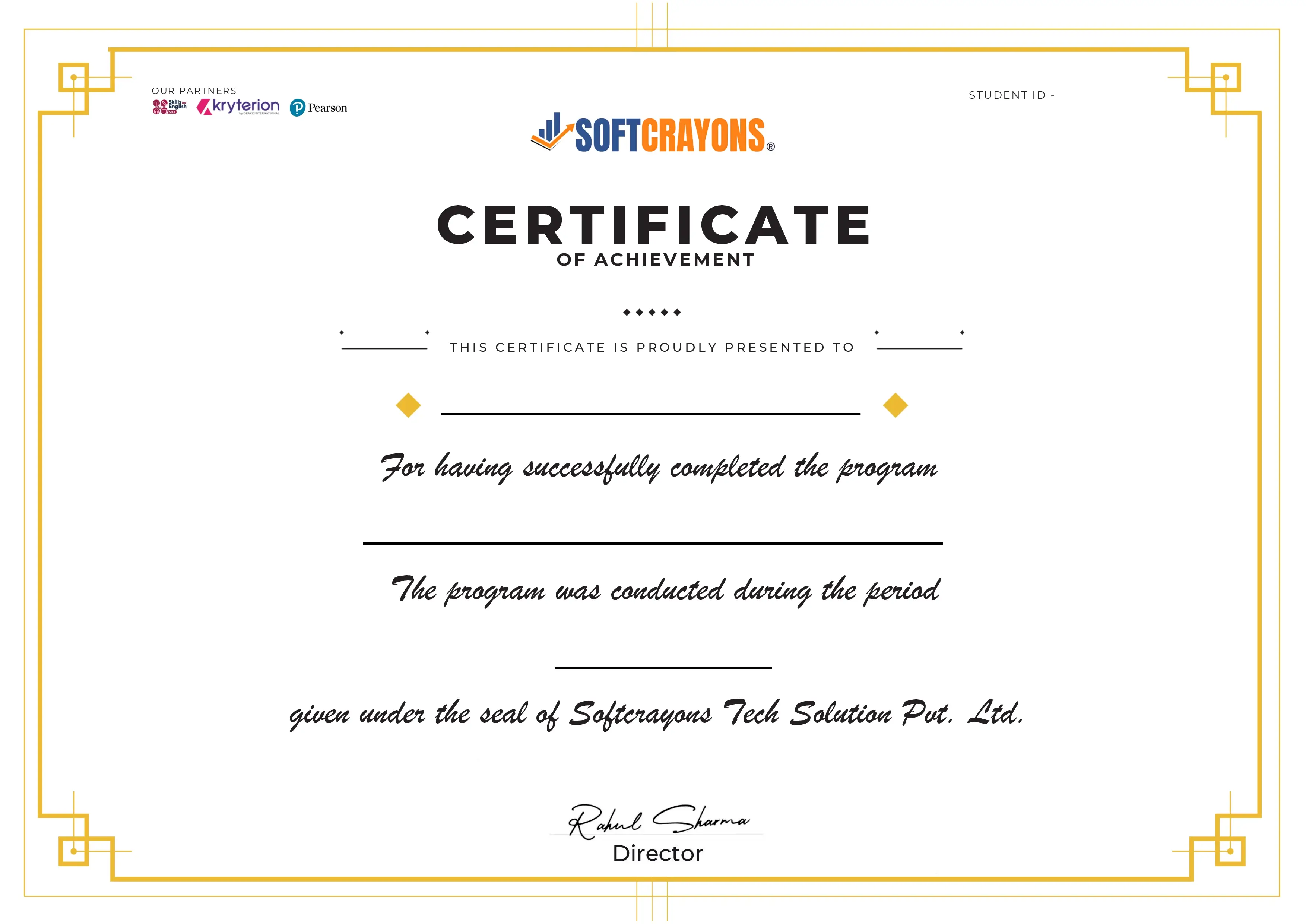
Related Courses

🧭 4.5 Months
🎥 40 Live Session
💼 Placement Assistance

🧭 4.5 Months
🎥 40 Live Session
💼 Placement Assistance

🧭 3 - 6 Months
🎥 60 Live Session
💼 Placement Assistance

🧭 4 - 6 Months
🎥 60 Live Session
💼 Placement Assistance


🧭 3 Months
🎥 30 Live Session
💼 Placement Assistance
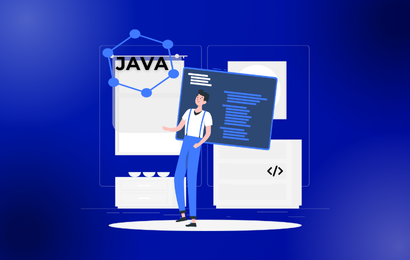

🧭 3 - 6
🎥 50 Live Session
💼 Placement Assistance
Who Will You Learn With
Learn from top industry experts and seasoned professionals who bring real-world experience to every lesson. Gain insights and skills from instructors who are dedicated to your success and growth.
Classroom/InHouse/Online
Flexible learning modes
Fully Customized Training
Instructor-led sessions
Flexible Schedule
Build your own timeline
Global Certification
Industry recognized
Trusted Certifications & Partners

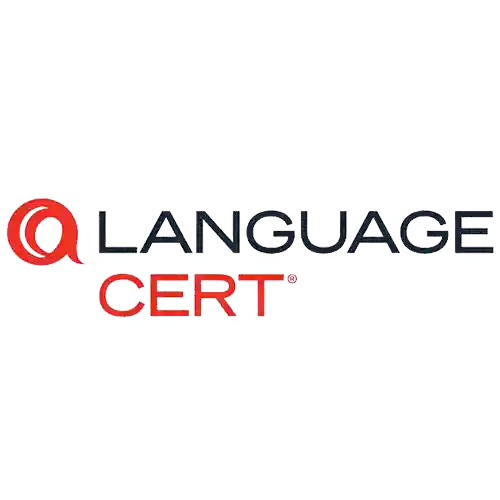
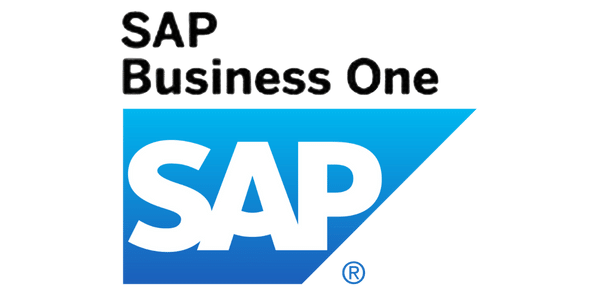
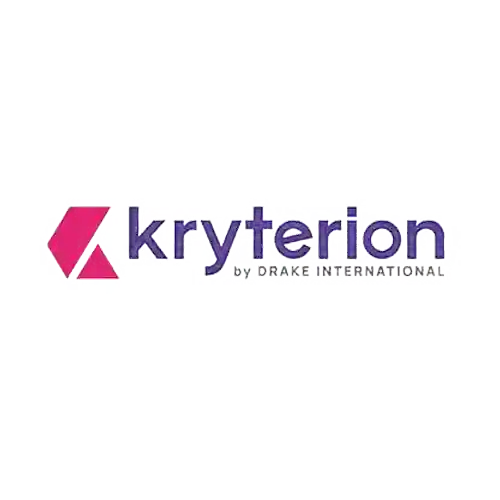




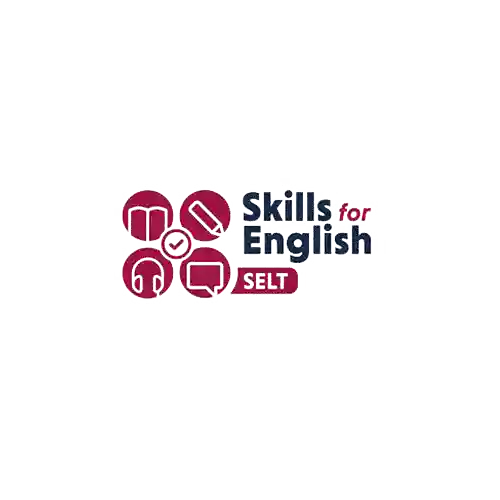
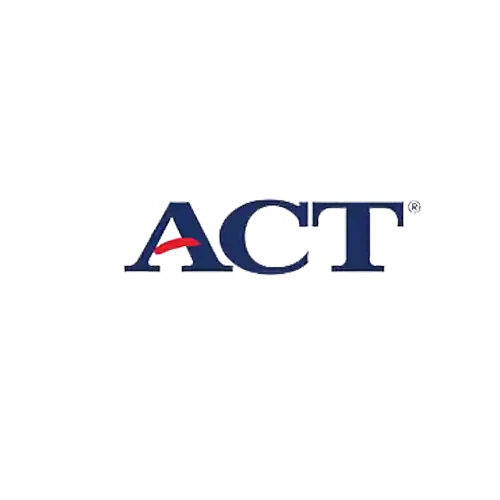
Success Stories
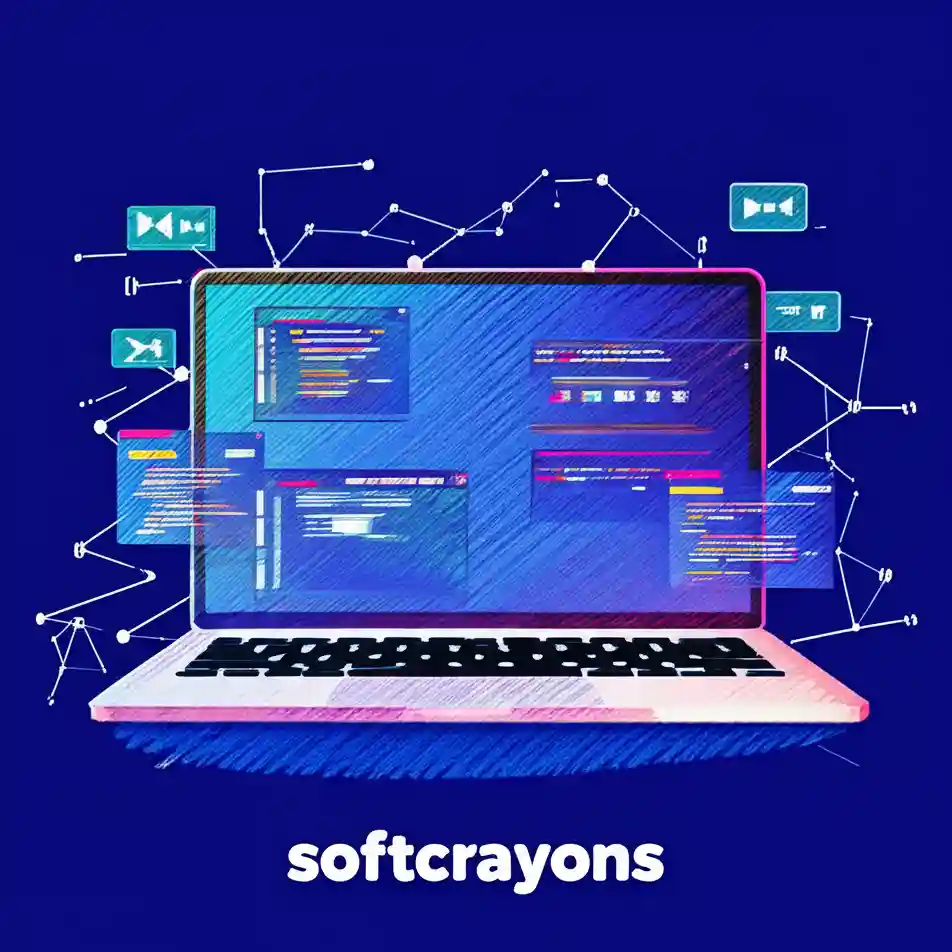
DEEKSHA SINGH
ASST. PROFESSOR
Excellence in teaching and research with over 5 years of experience in computer science education.

AADARSH KUMAR
FACULTY

Dablue Kumar
Autocad

Rohit
Java Full Stack

Rahul Sharma
Php Full Stack
Interested in this Program? Secure your spot now!
The application is FREE and takes only less than a minute to complete.
What People Say About us
NIKHIL YN
Cloud Engineer at Ciber Global
I completed the GCP Course. It helped me change my career path to DevOps and Cloud. The practical approach and industry-relevant curriculum made all the difference in my professional journey.